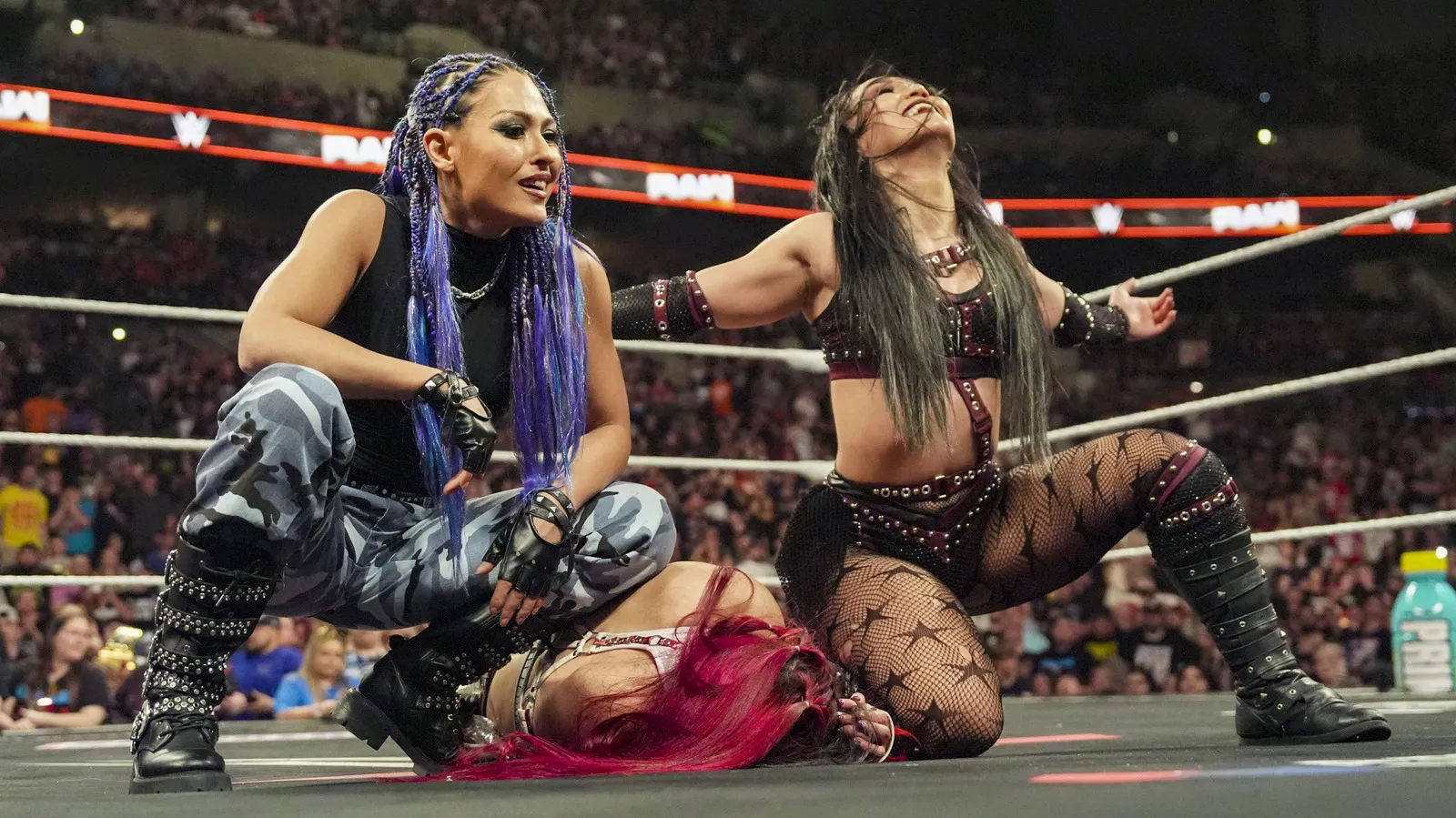Lucas Glover’s Bold Critique: Is the PGA Tour Losing Its Way?
In a recent flurry of comments, professional golfer Lucas Glover has raised eyebrows and sparked discussions about the direction of the PGA Tour. Glover, who has spent over two decades on the Tour, has been vocal about several issues that he believes are undermining the integrity and enjoyment of the game. His critiques center on the growing problem of slow play, the governance of the Tour, and the need for a more inclusive approach to the sport.
Glover’s concerns primarily focus on the issue of slow play, which he identifies as a significant problem affecting players and fans alike. “Slow play is ruining the game,” Glover stated in a recent interview. He argues that the current pace of play not only frustrates competitors but also alienates spectators, who expect a quicker, more engaging experience. This sentiment resonates with many players, who feel that the Tour’s management has not adequately addressed the issue.
One of Glover’s key points is that the PGA Tour seems to be disproportionately catering to its top players while neglecting the broader field. He believes that the recent decisions made by the PGA Tour Policy Board, including field size reductions, are detrimental to the sport. By focusing mainly on the elite players, the Tour risks losing sight of the needs and challenges faced by all competitors. “It’s not just about the top guys,” Glover emphasized. “The Tour needs to support everyone who plays.”
Glover’s frustration extends to the PGA Tour Policy Board, where he has criticized player directors for their lack of business acumen. He suggests that many of these directors underestimate the complexities involved in running a professional sports organization. “Golfers should not dictate business operations,” Glover remarked, advocating for a more balanced approach that includes experienced business professionals in decision-making roles. His comments came in the wake of Jimmy Dunne’s resignation from the board, which Glover sees as a loss of valuable expertise.
The golfer’s critiques have ignited a broader conversation among players and fans regarding the governance of the PGA Tour. Many are beginning to echo Glover’s sentiments, calling for a reevaluation of the Tour’s priorities and policies. This growing consensus reflects a belief that the Tour must adapt to the changing landscape of professional golf, ensuring that it serves the entire golfing community rather than just a select few.
In addition to governance issues, Glover has proposed several practical solutions to combat slow play. He has suggested banning the AimPoint technique, which he believes contributes to delays on the course. Furthermore, he advocates for better course markings and the employment of skilled bunker rakers to minimize wait times. “We need to ensure that players are ready to play when it’s their turn,” Glover insisted, criticizing younger players for sometimes being unprepared.
Glover’s comments have struck a chord with many in the golfing community, leading to discussions about the importance of respect and efficiency in the game. His perspective, shaped by years of experience on the Tour, highlights the need for a more balanced approach that incorporates both player input and business acumen. “If we don’t address these issues, we risk losing credibility and effectiveness in governance,” Glover warned.
As conversations surrounding Glover’s critiques continue to unfold, it is evident that the PGA Tour stands at a crossroads. The golfer’s bold stance challenges the status quo and calls for a reassessment of the Tour’s priorities. Whether the PGA Tour will heed Glover’s advice remains to be seen, but his comments have undoubtedly sparked a necessary dialogue about the future of professional golf.
In conclusion, Lucas Glover’s critiques of the PGA Tour reflect a growing concern among players about the direction of the sport. His focus on slow play, governance, and inclusivity resonates with many, prompting discussions that could shape the future of the Tour. As Glover himself noted, “We need to take a step back and look at what’s best for the game.” The coming months may prove pivotal as the PGA Tour navigates these challenges, striving to maintain its relevance and credibility in the ever-evolving world of professional golf.






Leave a Comment